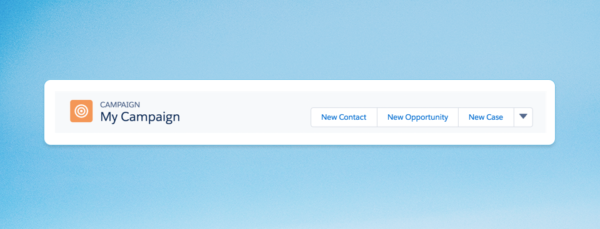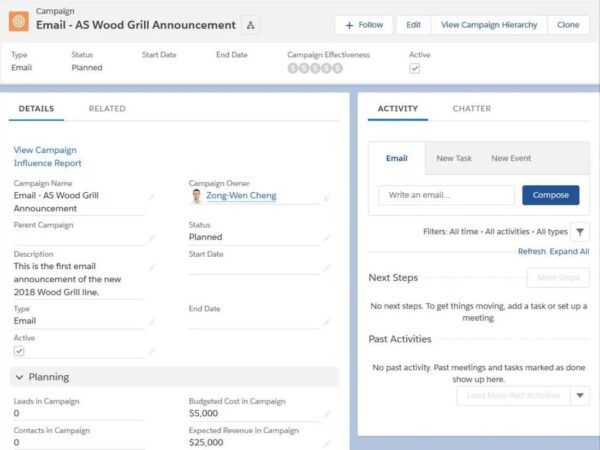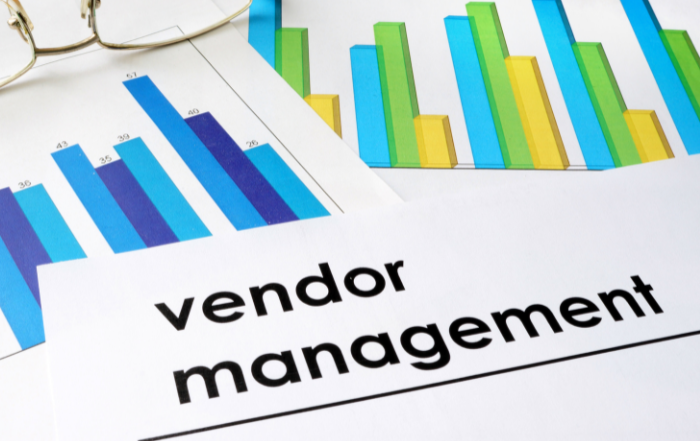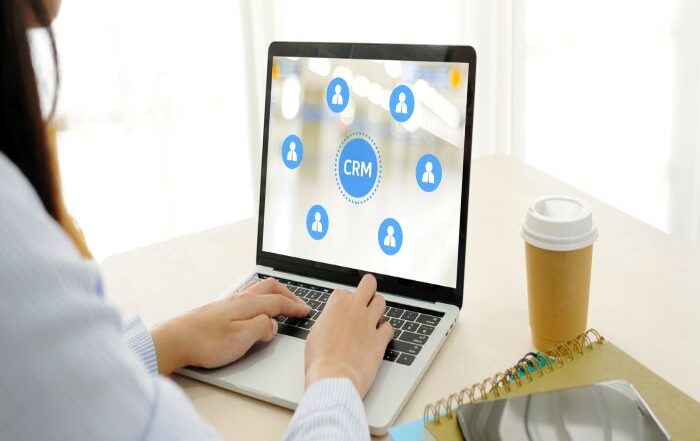The A-to-Z Guide to Salesforce Campaign Management
In early 2022, a Columbian teenager named Angel Alvarado broke the world record for the fastest time to solve three Rubik’s cubes while juggling them. The incredible record was 21 seconds faster than the previous world record he had set.
Not everybody can juggle or solve a Rubik’s cube, and far less can do both—especially not in under 5 minutes. Mastering a skill like that takes years of dedication and hours of daily practice: time and dedication that most people don’t have.
Managing Salesforce campaigns can feel like juggling Rubik’s cubes, but without hours a day to dedicate to this discipline, Salesforce campaign management can put undue stress on your budget and your calendar. Managing Salesforce campaigns doesn’t have to be difficult—Salesforce managed services from Rainmaker take the guesswork out of Salesforce integration.
This A-to-Z guide includes everything you need to know about managing Salesforce campaigns.
What Is a Salesforce Campaign?
A Salesforce campaign comprises all the leads and contacts you have targeted for specific marketing communication. Campaigns give marketers insight into ad performance, sales teams access to track leads across milestones, and business data to analyze trends.
The campaign doesn’t send the communications themselves; it organizes and collects data for companies to use in their marketing and sales activities. A Campaign is a container that holds data relating to a marketing activity such as an email campaign, event, webinar, etc. Salesforce campaigns pull the curtain back from your marketing strategy, revealing insights that would be difficult or impossible to obtain without this tool.
Salesforce campaigns also enable analytics by collecting data about what kinds of leads respond to different marketing communications. This gives companies the power to evaluate their advertising and customer relationship activities based on their results.

Creating a Salesforce Campaign
Salesforce has a dedicated Campaign tab to give easy access to campaign management.
From the Campaign tab, you can completely customize every element of your campaign with Salesforce Lightning App Builder. Salesforce Lightning App Builder allows you to drag and drop high-quality components directly onto your Campaign page. Some of the elements you can incorporate into your Campaign page include:
- Rich Text Fields can include instructions and links to other pages within your Salesforce environment.
- Reports that summarize information about your campaign. Reports give companies access to quick, organized information about their campaign, such as the number of members involved in the campaign, the value of won opportunities, etc.
- Charts quickly summarize data visually. You can further customize charts to include bar graphs, pie charts, and line graphs.
- Additional Tabs are easy ways to connect users to related information. By default, the Related tab is the first tab of your campaign, but Salesforce has a long list of options like Inventory, Tasks, Activities, etc., to add additional tabs to your campaign.
This is just a sampling of some elements that are part of Lightning App Builder. Other elements include workflows, lists, and recommendations from Salesforce, so you can fully customize your Campaign tab to fit your organization’s unique needs and use cases.

Campaign Members
Salesforce uses the term “member” to describe leads or contacts involved with the campaign. For example, in an email marketing campaign, every recipient of the email is a Member of the campaign.
So why is it important to keep track of members?
Salesforce is a leading Customer Relationship Management (CRM) platform. Customer Relationship Management tracks customer data over time to create insights about marketing campaigns and foster customer relationships to convert leads into sales.
Keeping track of campaign members, what communications you’ve reached them with, what activities they’ve responded to, and what interactions they’ve had with your company is an important part of improving marketing efficiency and avoiding redundancy.
Just like you can customize your Campaign tab, you can also customize the data you collect from Members. For example, suppose you are conducting an email marketing campaign. In that case, you can collect data about which customers received an email, which customers clicked a link in the message, which messages resulted in a won opportunity, etc.
You may direct more than one campaign to a member during their customer relationship lifecycle. Each member also has a unique page within Salesforce where you can view the campaigns they’ve been part of and how they responded to them.
Campaign Hierarchy
Would you rather play a game of Solitaire or a game of “52-Card Pickup”?
When you approach your marketing campaigns, would you rather work with order or chaos?
Customer relationship data is a valuable asset, but it doesn’t do you any good if it isn’t well-organized and accessible.
Campaign management in Salesforce takes your organizational needs into account. Within Salesforce, you can organize campaigns into a hierarchy up to five campaigns deep. For example, perhaps your company runs several compliance webinars throughout the year. It’s relevant that you should be able to track data about each webinar, categories of webinars, your webinars as a whole, and all of your marketing activities.
Each of these concentric circles is relevant to your decision-making and marketing strategy, so Salesforce’s Campaign hierarchy gives you access to overlapping sets of data so you can see how intersections of campaigns impact your business.
Rainmaker Salesforce Managed Services
Campaign management in Salesforce is a powerful tool for your company, but it can also feel like juggling Rubik’s cubes if you don’t have a plan for managing your Salesforce integration.
Rainmaker is an expert in Salesforce managed services. Take the guesswork out of your campaign management by letting Rainmaker handle the complex technical integration with Salesforce’s leading CRM platform.
If you’re ready to take charge of your marketing campaigns in Salesforce, schedule a meeting with Rainmaker to learn how Rainmaker can help.







